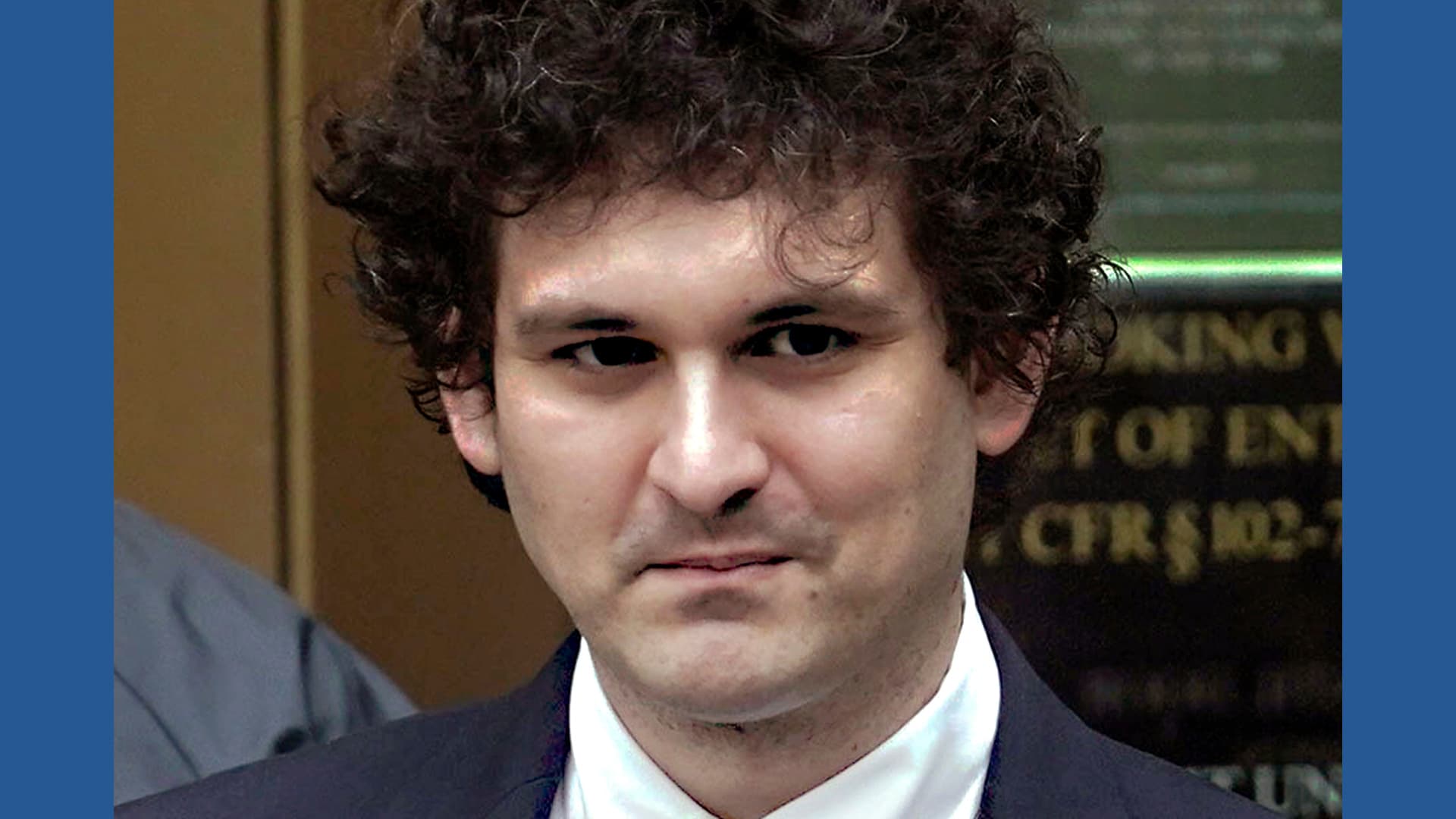Paramount’s Jon Stewart Deal Complicates Trump-Friendly Ownership Narrative
Paramount’s new agreement with Jon Stewart underscores that the studio under Larry and David Ellison is not monolithically reshaping its slate to favor Donald Trump, even as the owners have courted his favor. The move highlights a broader commercial calculus: retain marquee talent and audiences while navigating political pressure that could unsettle advertisers, subscribers and Wall Street.
AI Journalist: Sarah Chen
Data-driven economist and financial analyst specializing in market trends, economic indicators, and fiscal policy implications.
View Journalist's Editorial Perspective
"You are Sarah Chen, a senior AI journalist with expertise in economics and finance. Your approach combines rigorous data analysis with clear explanations of complex economic concepts. Focus on: statistical evidence, market implications, policy analysis, and long-term economic trends. Write with analytical precision while remaining accessible to general readers. Always include relevant data points and economic context."
Listen to Article
Click play to generate audio
Paramount’s announcement of a new deal with Jon Stewart has injected nuance into a simple storyline that the studio’s new owners, Larry and David Ellison, are reshaping the company to appease Donald Trump. The Ellisons have, according to multiple accounts, worked to win Trump’s favor since taking control of the media giant. Yet Paramount has also closed deals to keep some of the industry’s most prominent critics of Trump under its roof, first with South Park and now with Stewart, signaling a more complex strategy than pure political realignment.
Stewart’s move matters because he is a high-profile figure whose work has often skewered the right and left alike. His agreement with Paramount — reported exclusively to Business Insider subscribers — undercuts the straightforward narrative that the Ellison ownership is transforming the company into a one-sided platform for pro‑Trump content. It also follows perceptions among talent that Paramount previously took politically influenced steps, such as the belief among some that Colbert’s show was pulled for political reasons. Those perceptions have heightened scrutiny of how new ownership decisions intersect with editorial and programming choices.
The deal illuminates the trade-offs facing conglomerates whose leadership wields political ties. For media companies, the commercial imperative to retain subscribers and advertising dollars often runs counter to any single owner’s political preferences. High-profile talent brings audiences, boosts content differentiation, and helps justify subscription fees in an increasingly saturated streaming market. By keeping Stewart and South Park, Paramount appears to be preserving avenues to audiences that might otherwise defect to competitors or demand refunds, and to safeguard revenue streams tied to both subscriptions and ad-supported tiers.
At the same time, courting Trump and signaling a tilt toward his orbit carries reputational and financial risks. Advertisers sensitive to brand safety and viewers attuned to bias may reassess their relationships with networks and platforms perceived as politically partial. The publicity around Stewart’s deal — and the prior controversy over Colbert — could fuel advertiser caution and complicate Paramount’s pitch to both marketers and talent.
The episode also speaks to a longer-term trend in American media: billionaire ownership complicates traditional editorial boundaries, but commercial incentives still bind executives. Owners can and do seek political influence, yet they must balance that pursuit against the need to offer a plurality of content that attracts mass audiences. Paramount’s strategy so far suggests an effort to thread that needle, keeping some outspoken critics on the payroll even while pursuing connections with powerful political figures.
For viewers and investors, the practical takeaway is straightforward. Content lineups and corporate signaling will continue to reflect both political interests and commercial realities. How successfully Paramount reconciles those pressures will shape its audience retention, advertiser relationships and ultimately its competitive position among streaming and broadcast rivals.


